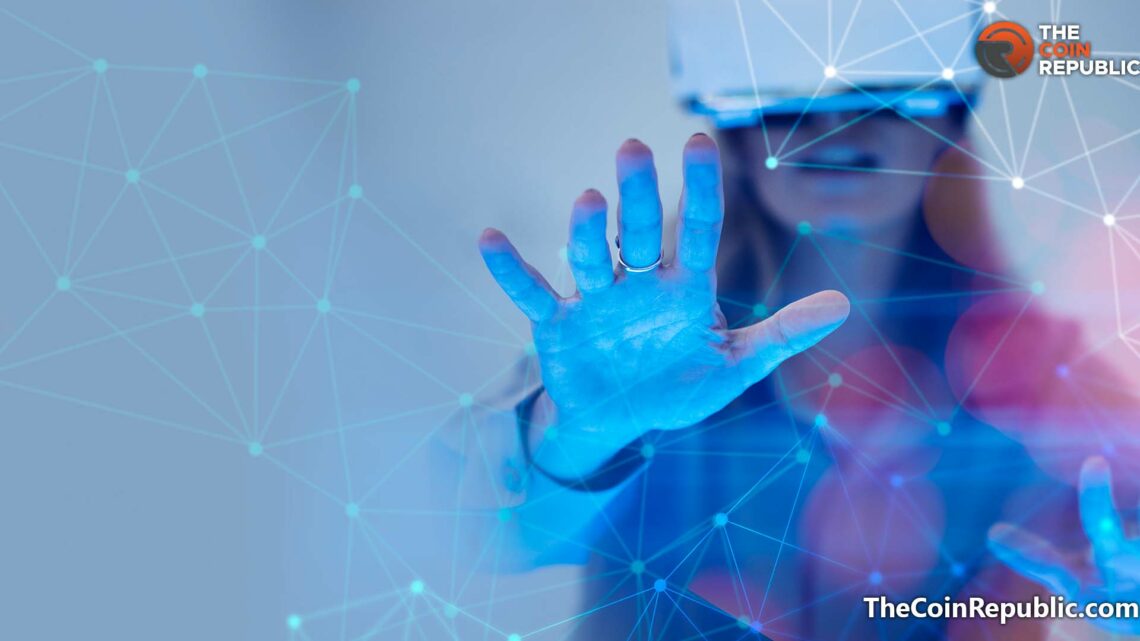– The metaverse might be struggling to compete with the real world in certain aspects.
– The metaverse offers unique benefits such as increased flexibility, lower costs, smooth transactions and decentralized systems as compared to the real world.
Which courses in the metaverse are struggling to compete with the real world?
- Hands-on-learning- Courses that require hands-on learning such as laboratory experiments may be difficult to replicate in the virtual world. In-person courses may provide students with the opportunity to work with tangible materials and expensive hardware equipments.
- Networking- Real world courses may offer students with more opportunities to network and connect with professionals in their field. In-person events such as guest lectures, career fairs or other promotional events have a greater impact than the virtual world.
- Soft skills- Skills such as communication, teamwork, and leadership may be more difficult to develop in a virtual world. Real-world courses provide students with more opportunities to practice and develop these skills through group work, presentations and other interactive activities.
Why does the metaverse struggle to compete with the real world?
Here are some reasons why the metaverse finds it difficult to compete against the real world:
- Lack of physical presence- In the metaverse, people are not physically present in the same space. This can make it difficult for people to interact with each other in a natural way and can limit the depth of relationships that can be formed. You may not be able to judge a person’s evil intent online, so it is better to not trust everyone in the virtual world.
For example, students find it difficult to ask questions to teachers or they might not receive personalized attention from their teachers.
- Technical limitations- Virtual worlds require a stable internet connection and a powerful computer to run smoothly. Technical issues such as lag, connectivity problems, or hardware failure can disrupt the learning experience and make it frustrating for users.
- Limited Scope- While virtual worlds can be immersive and engaging, they may not be suitable for all types of activities. Experiments (not just those done inside a chemistry laboratory) require tangible items to be sensed via all senses.
- Limited accessibility- Virtual worlds may not be accessible to all students, especially those coming from urban cities where internet connectivity is limited. Students with disabilities or backward classes won’t be able to afford an experience in the metaverse. This will create a digital divide and limit access for certain populations.
- Lack of recognition- While some virtual world courses may offer certificates or badges, they may not be recognized by employers or academic institutions. This can make it more difficult for students to leverage their learning into career opportunities or further education. This will also limit the value of experiences gained in the metaverse.

Nancy J. Allen is a crypto enthusiast, with a major in macroeconomics and minor in business statistics. She believes that cryptocurrencies inspire people to be their own banks, and step aside from traditional monetary exchange systems. She is also intrigued by blockchain technology and its functioning. She frequently researches, and posts content on the top altcoins, their theoretical working principles and technical price predictions.


 Home
Home News
News










